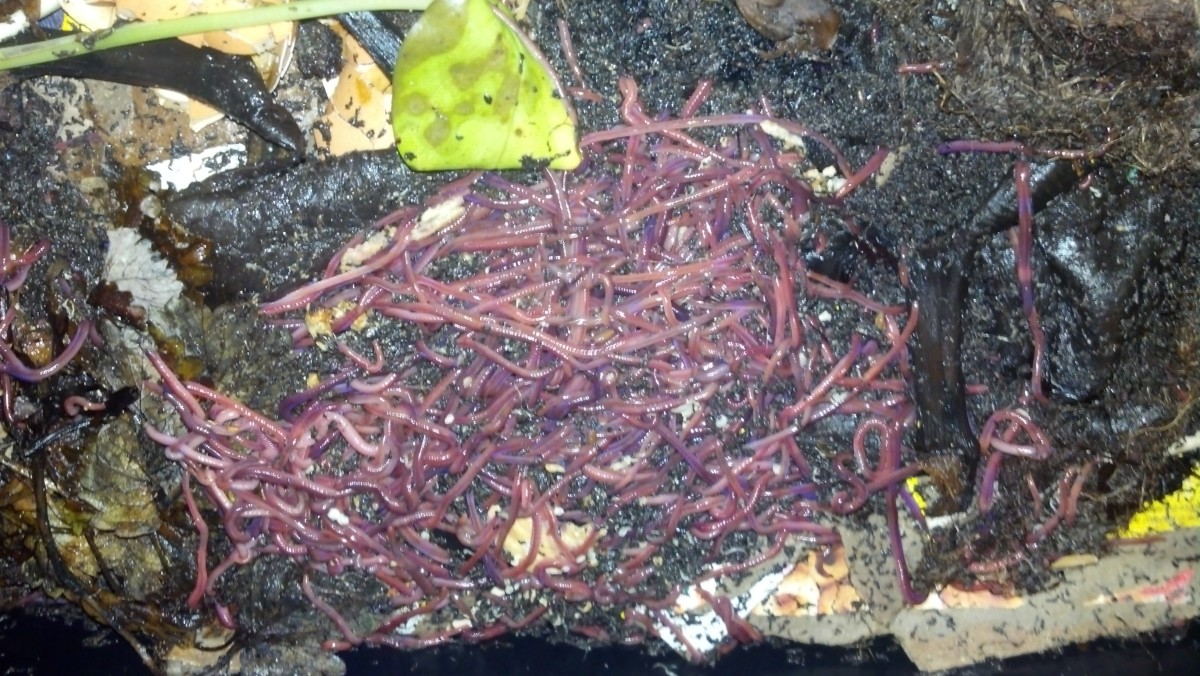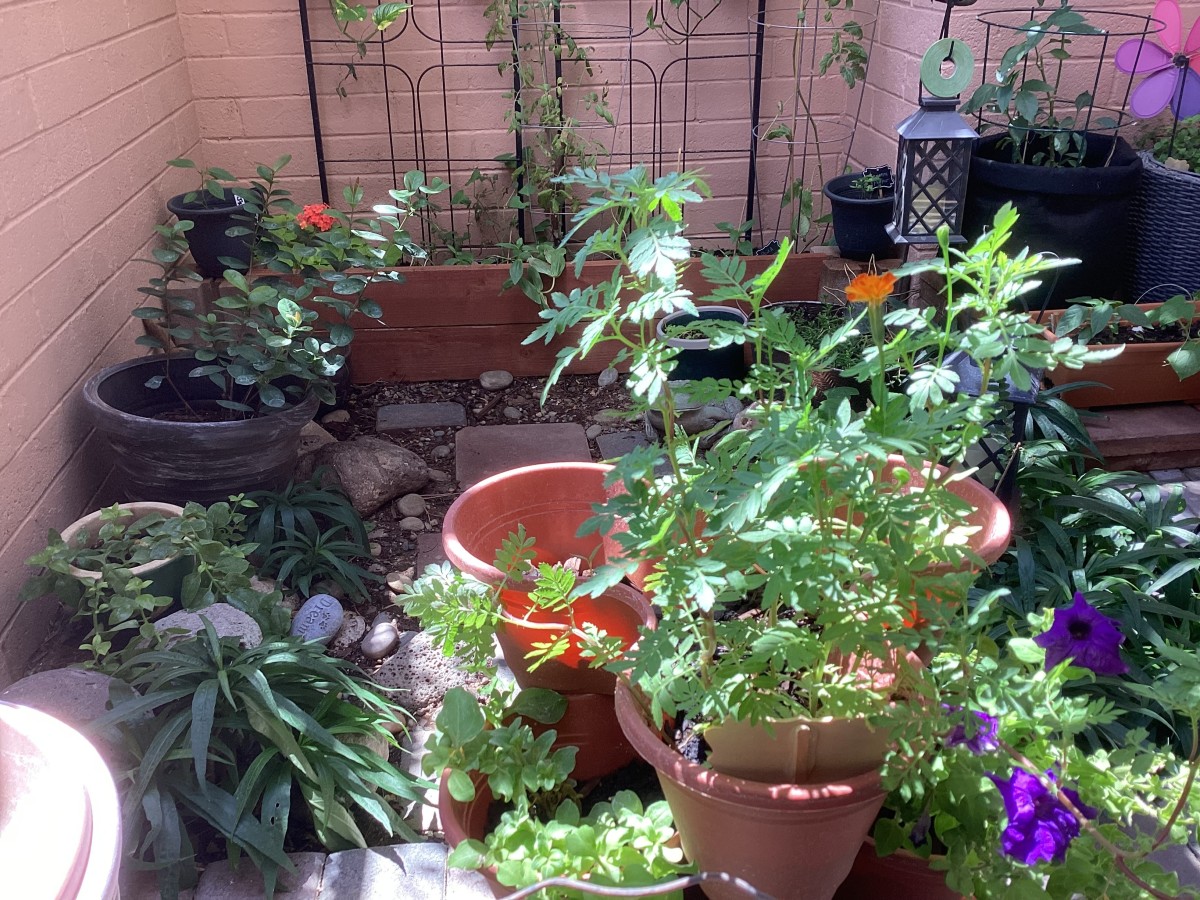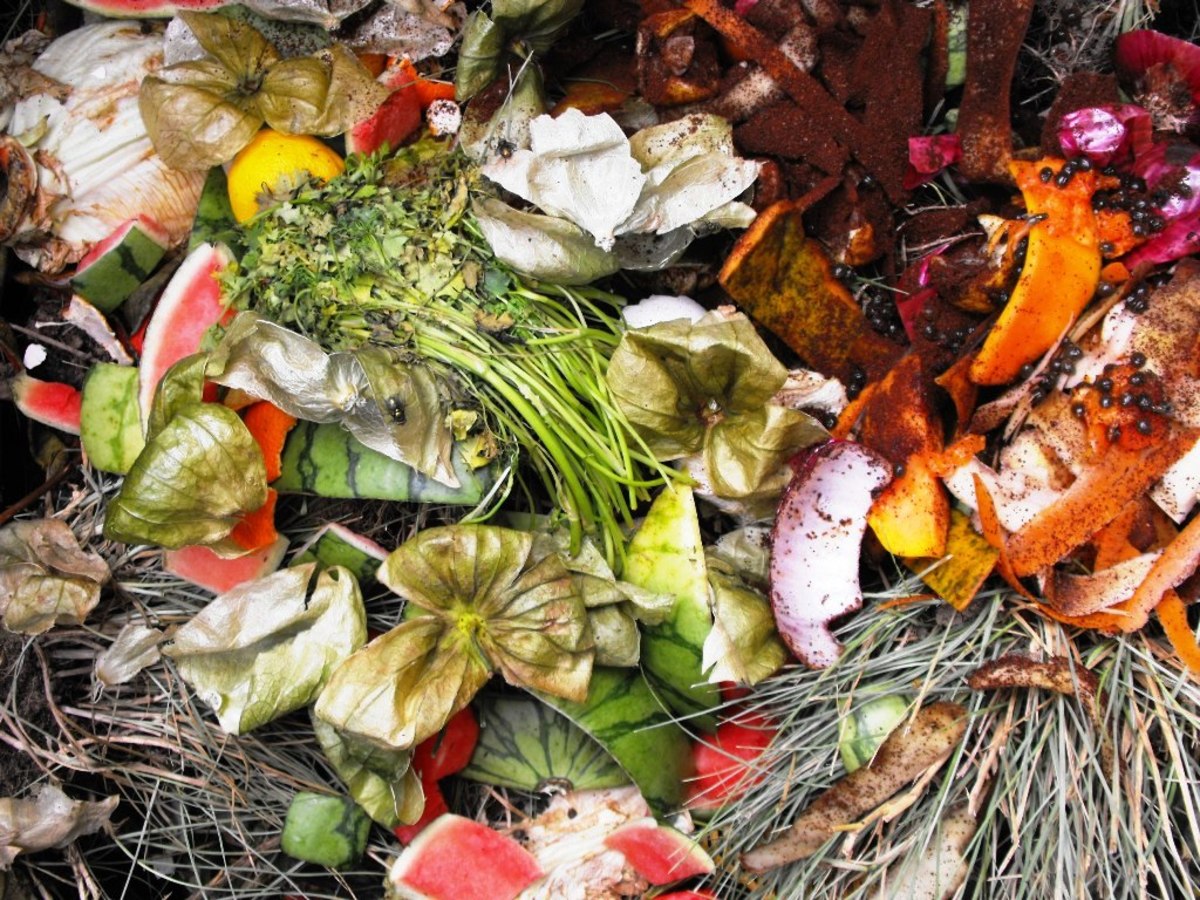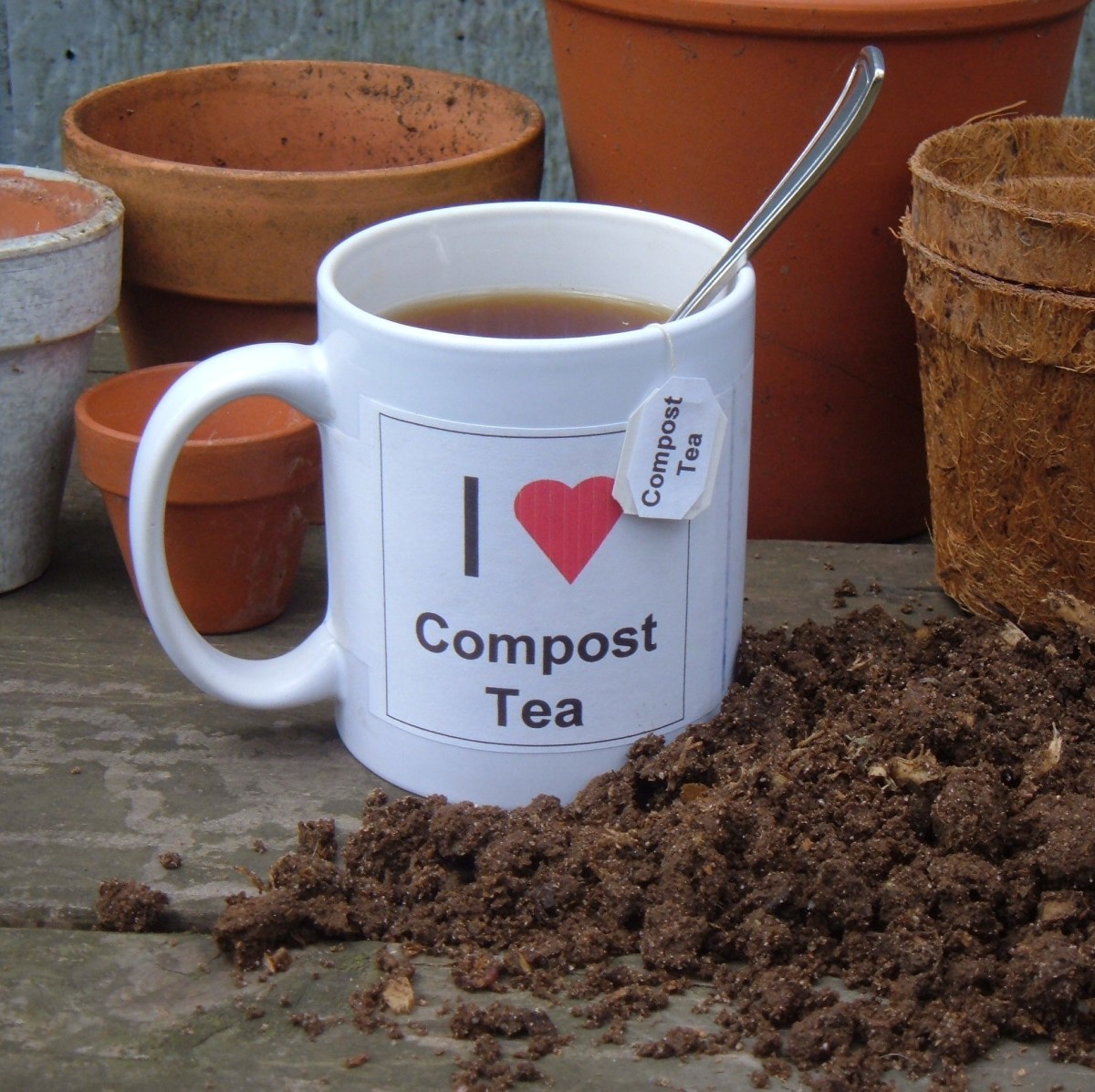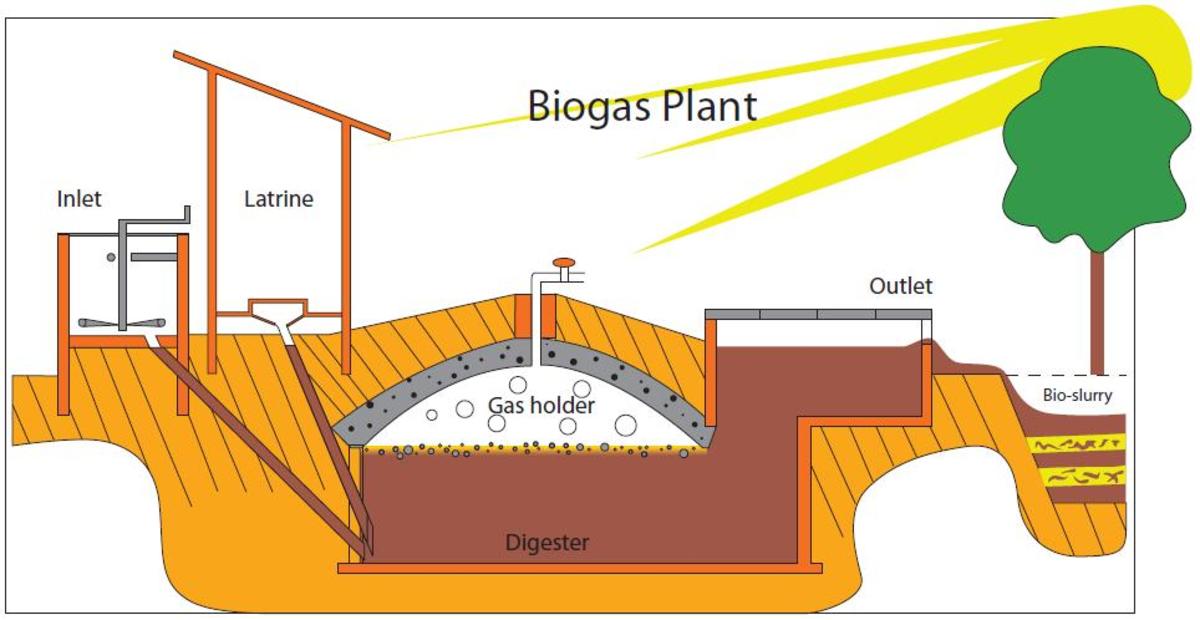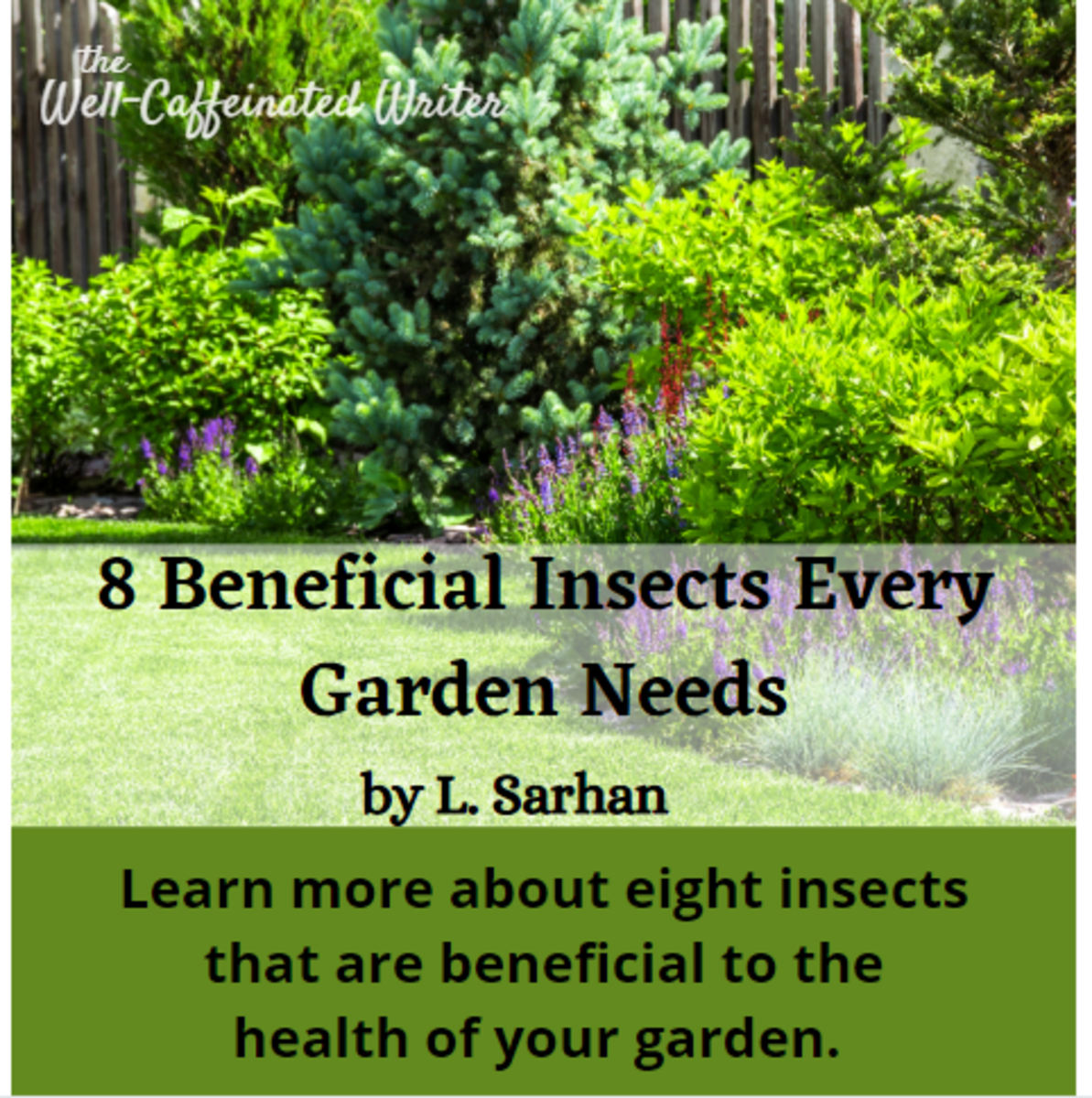Everything Composting: Why and How you Should do it

Composting is a simple, easy way to help the environment.
This site will give you all the information you need on why you should compost as well as advice on what kind of composting bin you should use. There are plenty of compost containers to choose from: a simple compost pile to a fancy compost tumbler.
Why Compost? First of all, composting is good for the world. You reduce the amount of waste that goes into the landfill. Second, you have a rich source of organic matter that is perfect for your garden, or flower-beds. Third, it's fun to watch all your waste turn into an amazingly rich soil. You and your kids will be fascinated by the process.
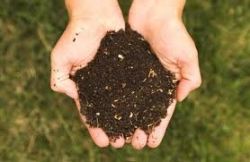
My experience with composting
My parents had a big backyard garden when I was a kid. When I was about 8 years old, there was a program in my town offering a free wooden compost bin to people who attended a 2-hour class on composting. My dad took advantage of the offer and came home with a compost. I remember how fascinated it was watching the compost process in action. I would faithfully take out the waste from our kitchen, even in the cold Canadian winters. I would turn the compost over every couple weeks, and give it a bit of water if it hadn't rained in a while. I loved being there when the compost was emptied to see the beautiful dirt that would come out. I loved spreading it all around the garden.
These days, I still have a big garden in my own backyard and I faithfully compost all year 'round. I empty it every spring in preparation for the upcoming gardening season.

What exactly is compost?
Compost is simply decomposed organic matter that can be used to add to your soil for gardening.
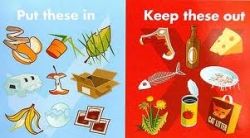
What to compost?
There are lots of things you can compost. Here is just a partial list. Check the links below for more information.
kitchen waste
lawn clippings (use thin layers so they don't mat down)
chopped leaves (large leaves take a long time to break down)
shredded branches
garden plants (use disease-free plants)
shredded paper
weeds (before they go to seed)
straw or hay
newspaper
wood ash (sprinkle lightly between layers)
hay
tea leaves and coffee grounds
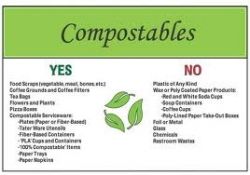
What not to compost
If you want a healthy, happy compost there are a list of things that you shouldn't put it in:
waste from carnivorous pets
meat scraps
weeds gone to seed
dairy products
wood ashes/sawdust
anything with too many chemicals
Kitchen Compost Collector

More ideas on "What you can compost"
- Guide to Composting
From Garden Guides - 163 Things you can Compost
An excellent resource
Do you Compost?
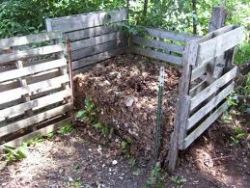
What type of composting bin should I get?
There are plenty of choices ranging from the simple pit in the corner of your garden to a more fancy tumbler composter that you can turn easily, which aids in the process. I prefer one that is enclosed on at least 3 sides, because you want your organic matter to stay close together, to gain enough heat for the composting process to happen. If you have one with a lid, this will help it to not get too soggy. If you have one that you can turn easily, either with a handle or pitchwork, this helps to get oxygen into your pile, which also aids in composting.
I've picked a few of my favorite models to feature on this site.
More compost tumblers
Do you Compost Everything?
How can I make the Composting process happen faster?
There are a few things you can do to speed up the compost process.
1. Composts needs air and water. You can simply add some water to your compost if it hasn't rained in a while. But not too wet, because it also needs air. To add air, you can use a pitchfork and turn the compost once/week or so.
2. The smaller the pieces that you put in, the faster the composting happens. Crush up those egg shells, rip up that paper and cut up the watermelon shell for best results.
3. In order for composting to happen, there needs to be a certain temperature. Keep your compost densely piled together and not spread out over the whole area if you don't have much in it.
Compost can be made in as little as 2 weeks if the ideal conditions are met.
How to Make Your Own Compost Bin - For the mechanically inclined!
- Makestuff.com
A nice overview of your options. - Wikihow
Detailed steps. - Ehow.com
Step by step so that anyone can do it.


